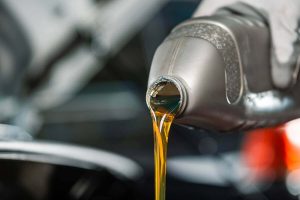As mentioned on previous blogs, tyres constitute a key safety element. That’s why tyre testing constitutes a major issue for manufacturers.
In fact, tyre testing is not only performed once the product is finished, but also throughout the entire production process.
Why do Tyre Manufacturers Test Their Products?
There are many reasons as to why tyre manufacturers test their products:
First of all, they need to get ahead of their competitors, by improving aspects such as the tyre compound or its overall performance.
To achieve that, they need to invest in R&D and test different materials, reinforcements and tyre designs.
Regulations and specifications also play a key role, since OEMs usually require specific performance criteria.
They also provide access to the European automotive market by ensuring compliance with mandatory requirements.
It allows them to gather relevant data that can be used to develop improved brand-new models.
Tyre Testing Criteria
During comparative tyre tests carried out by consumer bodies or the automotive press, tyres are pushed to the limit at test facilities specially designed for that purpose, where their performance in extreme conditions is evaluated.
The tyre testing criteria may also vary depending on who is performing the test and the type of tyre that is being tested.
The most common criteria that experts use to compare different tyres are as follows:
• Wet handling
• Dry handling
• Cornering grip
• Durability
• Fuel Efficiency
• Internal Noise
• Aquaplaning
The results of such tests are gathered and often published on well-known leading car magazines or automotive association websites, which rate a specific tyre model based on a broad spectrum of performance across all the key safety criteria.






